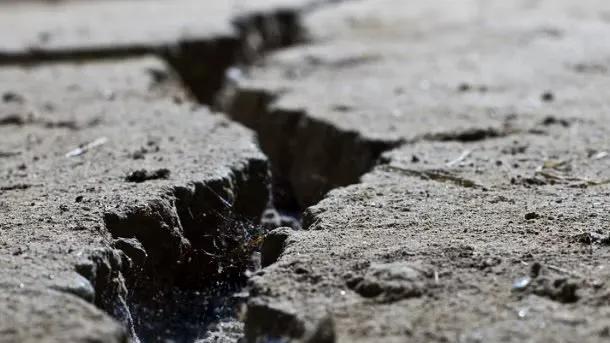The German Research Center for Geosciences (GFZ) has reported a substantial seismic occurrence off the coast of Indonesia. According to their findings, a 6.5 magnitude earthquake occurred in the Northern Molucca Sea on Tuesday. The quake’s epicenter was located at a depth of 10 kilometers (6.21 miles) below the surface.
Indonesia, being situated along the Pacific Ring of Fire, is prone to seismic activity and earthquakes of varying magnitudes. The Ring of Fire is a horseshoe-shaped region encompassing the Pacific Ocean, known for its high concentration of tectonic plate boundaries and volcanic activity. Consequently, Indonesia experiences frequent seismic events, making it essential for the country to remain vigilant and prepared for potential hazards.
Earthquakes can pose significant threats to coastal regions, including the risk of tsunamis, landslides, and infrastructure damage. In densely populated areas, such as those along Indonesia’s coastlines, the impact of seismic events can be particularly severe, underscoring the importance of effective disaster preparedness and response measures.
While the precise extent of damage and any resulting consequences from this earthquake are yet to be determined, prompt reporting and analysis from organizations like GFZ play a crucial role in providing valuable data for assessing potential risks and coordinating emergency responses. It is essential for local authorities and communities in the affected regions to remain vigilant and heed any advisories or warnings issued by relevant agencies to ensure the safety and well-being of residents and visitors alike.



